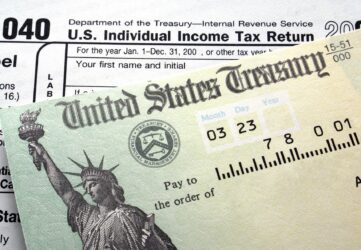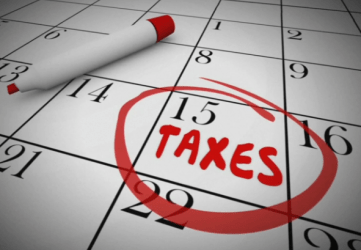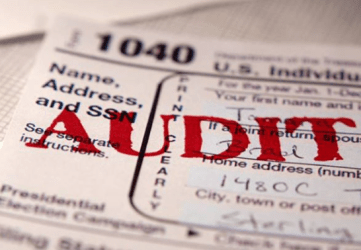Navigating the complexities of cryptocurrency taxes can be daunting. With the rise of digital currencies, understanding how to report your crypto transactions, calculate gains and losses, and ensure compliance with IRS guidelines is crucial. This article provides a comprehensive guide to help you manage your crypto taxes effectively and avoid potential issues. This article is sponsored by the tax professionals at the Law Office of Jason Carr. Contact Us.
Reporting Cryptocurrency Transactions
When it comes to reporting cryptocurrency transactions, it’s essential to keep accurate records of all your activities. The IRS treats cryptocurrency as property, which means each transaction must be reported on your tax return. This includes buying, selling, trading, and using cryptocurrency for purchases.
Key Steps to Reporting:
- Track all transactions: Keep detailed records of every transaction, including dates, amounts, and the fair market value of the cryptocurrency at the time of each transaction.
- Use Form 8949: Report each transaction on IRS Form 8949, detailing your capital gains and losses.
- Include in Schedule D: Transfer the information from Form 8949 to Schedule D of your tax return.
Calculating Gains and Losses
Calculating gains and losses for cryptocurrency transactions involves determining the difference between the purchase price and the selling price. This calculation can be straightforward or complex, depending on the number of transactions and the variety of cryptocurrencies involved.
Steps to Calculate:
- Determine your cost basis: The cost basis is the original value of the asset for tax purposes, usually the purchase price plus any associated fees.
- Calculate capital gains or losses: Subtract the cost basis from the fair market value at the time of sale or exchange. If the result is positive, you have a capital gain; if negative, a capital loss.
- Classify your gains and losses: Determine if they are short-term (held for one year or less) or long-term (held for more than one year). Short-term gains are taxed at ordinary income rates, while long-term gains benefit from reduced tax rates.
Ensuring Compliance with IRS Guidelines
Ensuring compliance with IRS guidelines is crucial to avoid penalties and interest. The IRS has increased its focus on cryptocurrency transactions, and failing to report them accurately can result in significant consequences.
Key Compliance Tips:
- Stay informed: Keep up-to-date with the latest IRS guidelines and regulations regarding cryptocurrency. The IRS frequently updates its stance on various aspects of digital currencies.
- Use reputable tax software: Consider using tax software that specializes in cryptocurrency transactions. These tools can help automate the reporting process and ensure accuracy.
- Consult a tax professional: By working with a tax professional at the Law Office of Jason Carr, you can ensure that your cryptocurrency taxes are handled correctly and in compliance with IRS regulations.
Conclusion
Navigating cryptocurrency taxes can be challenging, but with the right approach and resources, you can manage your tax obligations effectively. Accurate reporting, diligent record-keeping, and staying informed about IRS guidelines are key to avoiding potential pitfalls. For personalized assistance and expert advice, contact the Law Office of Jason Carr today.





